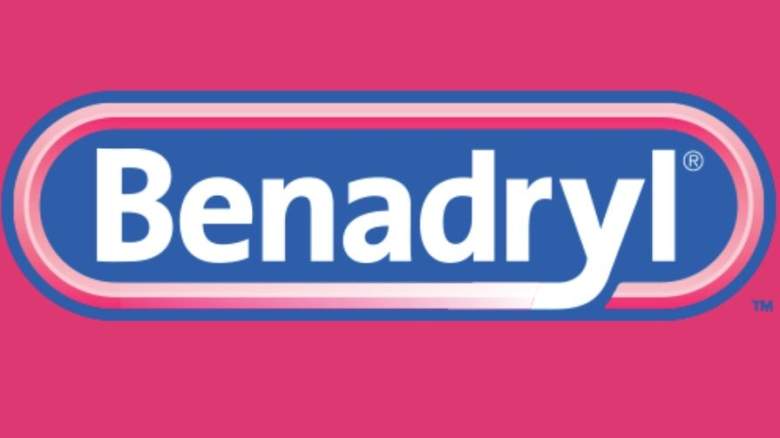
Social Media Challenges are like the double-dog-dares of generations past. Accepting a dare or a challenge can be both exciting and scary. The payoff? Cool points with your peers. The risk in some cases? Injuries, hospitalization, or even death.
Some challenges are riskier than others though, including a current challenge making the rounds on TikTok called the Benadryl Challenge.
The Benadryl Challenge involves taking at least a dozen Benadryl pills at once in an effort to get high, trip, or hallucinate, according to Newsweek. Diphenhydramine is the drug that can cause those effects but it can also lead to death in rare cases. The medication is widely used to treat symptoms of allergies and is available over the counter.
Tragically, the death of a 15-year-old Oklahoma girl is being blamed on the Benadryl Challenge, prompting medical experts to warn against trying it.
Dr. Adam Berman, an emergency medicine physician and toxicologist at Northwell Health/ Long Island Jewish Medical Center in New York told Fox News, “I would say that the Benadryl challenge may look fun, but it could be deadly. The Benadryl challenge is dangerous and potentially lethal.”
3 Teens in Fort Worth Ended Up in the Hospital in the Span of 1 Week From the Benadryl Challenge
According to Cook Children’s Hospital Nurse Practitioner Amber Jewison, “Three teens were treated at Cook Children’s in May after overdosing on the common allergy medicine diphenhydramine aka Benadryl. Each of these patients said they got the idea from videos on TikTok that claimed users could get high and hallucinate if they took a dozen or more of the allergy pills.”
In one of those cases, a 14-year-old girl named Rebekah took 14 Benadryl pills by herself in the middle of the night on Memorial Day.
The teen’s mom, Katie, said, “It was scary. She had fractured sentences, hallucinations. Her resting heart rate was 199. We rushed her to the local ER and they decided to transport her to Cook Children’s.”
Once at the hospital, the results of her EKG were enough to get her admitted overnight for observation, but the next day her heart rate went back to normal and the teen went home.
“As a parent, you worry about drugs and you know the signs for drug use,” Katie told Jewison. “I never thought about having to lock up my allergy medicine. I just want other parents to know about this because it’s dangerous and I had no idea. And I’m angry. These people are essentially prescribing medication without a medical degree and our kids are trusting them.”
A Lack of Impulse Control Makes Teens Susceptible to Social Media Challenges Regardless of How Dangerous They May Be
An organization called Healthy Children says that teens act impulsively and don’t always think things through as a matter of biology. They explain that kids’ brains aren’t fully developed until their mid-twenties, so the part that “handles rational thought,” called the prefrontal cortex, isn’t acting as the safety net to decision making that most people develop in adulthood.
That lack of impulse control coupled with kids seeking social media acclaim means internet challenges may continue to pose challenges to parents.
According to Healthy Children:
Social media rewards outrageous behavior, and the more outrageous, the bigger the bragging rights. It’s a quick-moving, impulsive environment, and the fear of losing out is real for teens. That environment plays into a teen’s underdeveloped ability to think through their actions and possible consequences. Teens won’t necessarily stop to consider that laundry detergent is a poison that can burn their throats and damage their airways. What they will focus on is that a popular kid in class did this and got hundreds of likes and comments.
But parents have sway too. Healthy Children says that parents can help their kids build their “intellectual muscles” by engaging in conversation with them about various aspects of internet challenges and helping them to take time to think through possible outcomes of any of those challenges.
“As a parent, you can help nurture that growth and help your teens develop thoughtful, rational thinking – skills that will continue to be important years to come,” Healthy Children says.
READ NEXT: Mary Brosley Was Samuel Little’s First Murder Victim

